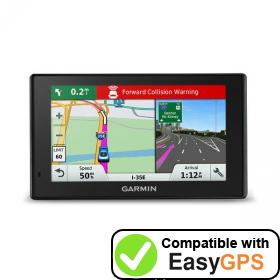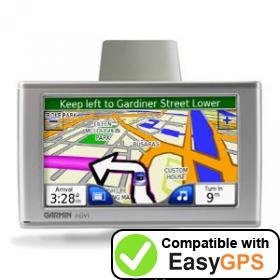
Or you can change it to Write-Host "$_" if you only want the file name. Obviously you can remove the Write-Host "$FileName" (file path and name) if you just want a list of coordinates. # Convert them to Degrees Minutes Seconds Ref # Read your desirered metadata, if it doesn't contain any, say NONE # Get the file name and path, write it out to screen Get-ChildItem $FolderPath -Filter *.* | where | It's not the tidiest, but it's self explanatory: cls Using and answers, I came up with the following to run through all files in a folder. Write-host $n, " " $photo.CreateDate, $photo.GPSLatitude, $photo.GPSLongitude $data = (exiftool -if '$gpsdatetime' -s -s -s -json -ext jpg -filename -FileTypeExtension -Directory -CreateDate -GPSDateTime -GPSLatitude -GPSLongitude -n -r $photoYear ) | ConvertFrom-Json Only at the end does it give a summary: # $photoYear is the root folder with the images One little thing: this exiftool option set gives no "feedback" when running.
#GEOTAG GPX READER WINDOWS CODE#
Here's the key snippets of the code (below). As I became more confident with JSON that toolset became more obvious for me. I have used it before and it's excellent. I will try Exiftool to see if it's easier. In-camera value says -37.8622 and taken at 10:42:10 local, so happy with that, including the '-' for South # So final latitude is 37 deg 51 min 43.92 sec S This is a subset easy to copy in GpsLongitude for the other one :-) $('GpsLatitude').Value.Value

$image = New-Object -ComObject Wia.ImageFile # Create an ImageFile object and load an image file To help others, here's what I discovered: # Based on answer from (above)

#GEOTAG GPX READER WINDOWS HOW TO#
Thanks to everyone, particularly I've learned a lot and managed to work out how to extract my exact values, including the important N,S,E,W.


 0 kommentar(er)
0 kommentar(er)
